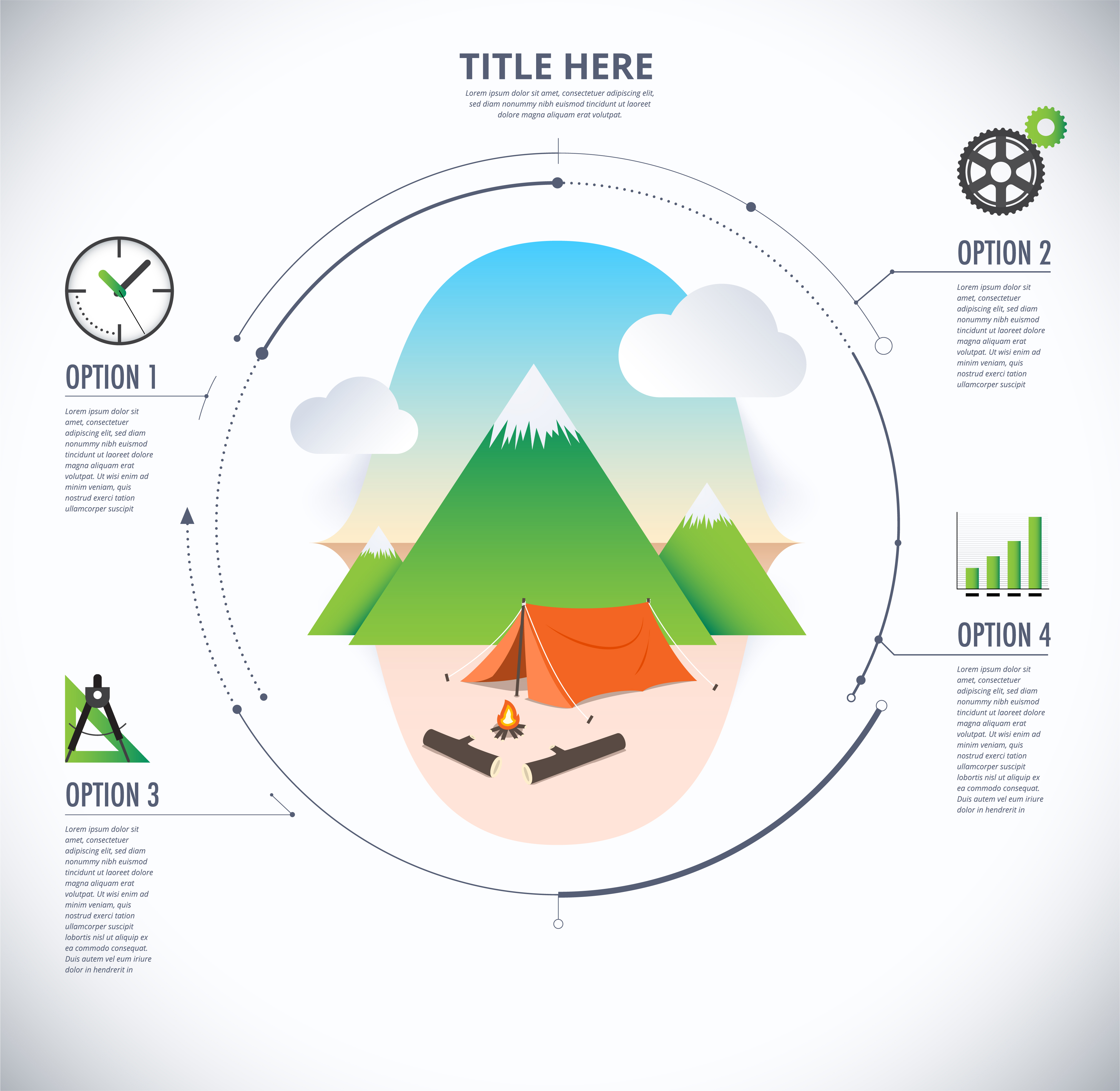Choosing the right frame product is crucial for event camping tents. Whether it's layered steel for budget tents or anodized aluminum for sturdy applications, there are several factors to consider to bear in mind.
Steel structures are common in lower-priced pop-up tents however are prone to rust despite having layers and call for normal maintenance. Aluminum is light-weight, naturally stands up to rust, and stands up well in humid or seaside settings.
Steel
When it concerns making certain the resilience of customized camping tents, the material used in their frames plays an essential duty. Steel and aluminum alloys both supply premium durability, yet each offers unique benefits that make it proper for various sorts of settings. Steel is perfect for sturdy conditions, while light weight aluminum master withstanding rust and decreasing maintenance costs.
When occasion hosts select the best camping tent for their demands, they need to take into consideration elements like expected climate condition. For example, frame camping tents typically carry out better in gusty or rainy conditions than pole outdoors tents because they don't rely on a central pole to support the structure. Nonetheless, the links between framework pieces can weaken in high anxiety scenarios. Recognizing these weaknesses and carrying out routine inspections can assist prevent potential damages.
Steel frameworks are difficult to reduce, weld or shape, which can require specific tools and boost labor prices. On top of that, they tend to corrosion or wear away conveniently and may require added protection or finishings. Furthermore, steel is really heavy and can create concerns when delivering a canopy. It's additionally challenging to keep for extended periods of time because it uses up much more space than aluminum structures.
Light weight aluminum
Light weight aluminum is a popular framework product for cover tents since it's light-weight, rust-resistant, and simple to transport and set up. It additionally supplies a much more steady sanctuary throughout gusty conditions than steel frameworks. Aluminum is less prone to tearing and any damages can be conveniently fixed, lengthening the life of the outdoor tents. It also breathes to decrease condensation and provides superior acoustic insulation to wet outdoors sound.
The sturdiness of aluminum framework tents is further enhanced by the natural oxidation homes of the metal. It develops a small oxide layer that protects the surface area from rust and spots. As such, the long life of a light weight aluminum pop up outdoor tents can be enhanced also further when the frame is anodized.
Anodized light weight aluminum is more powerful than steel and can hold up against high wind rates. In addition, the layer withstands deterioration and stains, prolonging the lifespan of the camping tent. Moreover, plated aluminum is recyclable and lasting, making it ideal for services seeking LEED accreditation. The mix of these residential properties makes aluminum a much more cost-efficient option than steel for big, sturdy tents, such as those utilized to suit industrial tools and warehouse inventory. Steel, on the other hand, is extra expensive due to the fact that it needs pricey alloys such as nitrogen, molybdenum, and chromium to enhance stamina.
Iron
Iron structure tents usually last approximately 15 years if the right sleeping bag care and maintenance is used. This consists of regularly cleaning up material and evaluating metal components for deterioration and wear. By taking these actions, event hosts can optimize the integrity of their frames and ensure their ongoing efficiency in challenging environments.
Steel is an optimal product for building durable camping tents, specifically for usage in rough weather conditions. It is a strong, durable, and budget friendly material that provides security and strength for a vast array of applications. However, steel is prone to rusting in moist and coastal atmospheres. The addition of safety layers and routine upkeep can aid to mitigate this risk, but these initiatives increase overall maintenance costs.
On the other hand, light weight aluminum is a much more durable option for a personalized outdoor tents due to its natural oxidation properties. When anodized, light weight aluminum ends up being super-strong and up to three times tougher than standard aluminum alloys. This makes plated light weight aluminum the second-hardest compound beside diamond (satellites, aircraft, and military vehicles all make use of anodized light weight aluminum). In addition to its durability, anodized light weight aluminum is additionally much more resistant to corrosion than steel. These variables make light weight aluminum an exceptional option for pop up canopy outdoors tents and add to their capability to carry longer warranties (5, 7, and also life time frame service warranties). Furthermore, aluminum is 1/3 the weight of steel allowing for a much thinner structure style for more customization choices and enhanced strength.
